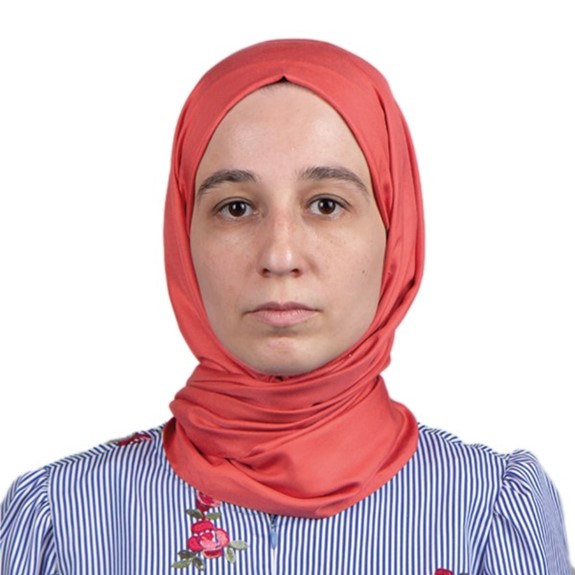Türkiye
Researcher (scientific/technical/engineering)

Date of the expedition
From 01/04/2024 to 01/11/2024
Selected Track
Open Ideas
Project title
Artificial Intelligence Driven Big Data Analytics for Extremes Climate Events
Host Organization
University of Iowa Hydroinformatics Lab (UIHILab)
Biography
Dr. Kaynak is an Assistant Professor at Sakarya University and a visiting scholar at the University of Iowa HydroInformatics Lab (UIHILab). He earned his PhD in Computer Engineering from Sakarya University in Turkey. His research areas include big data, machine learning, artificial intelligence, renewable energy resources, blockchain technology and sensor systems. Currently, he is working on digital twin systems and next-gen web technologies.
Project Summary
The purpose of this project is to develop a comprehensive, web-based decision support framework for natural disaster management, powered by AI and big data analytics. With the development of big data and artificial intelligence technologies, it has become possible to analyze large-scale real cases and make future predictions. Studies on a generalized decision support framework (DSF)) for disaster management are at the level of basic model development. No study has been found that develops a generic web based DSF supported by big data technologies powered AI that can perform the disaster management cycle. The development of such a framework is crucial to enhance disaster preparedness, response, and recovery, ultimately reducing the impact of natural disasters on society.
Key Result
In the first three months of the projects, following results are achieved and we are on track to meet our project objectives.
- Extensive literature review
- Survey of infrastructures, categories and layers
- Data collection and preparation comprehensive dataset
- Development of the web-based user interface (Web UI)
- Planning of journal article and conference presentation
Impact of the Fellowship
In the first three months of the projects, the NGI Enricher fellowship has had a profound impact on the project itself and our professional growth.
- Development/advancement of innovative technologies: focusing on smart city solutions and IoT implementations.
- Testing technologies (demo, pilot): implementation of a web application based on Waterloo, Iowa as pilot ecosystem.
- Strengthening research collaboration with the US/Canada: Working with different research lab, research institute and research community.
- Strengthening innovation collaboration with the US/Canada: Producing solutions to smart city problems together with different states and cities
- Sound Scientific Validation: google maps and deck.gl integration, RESTful APIs
- Building solid connections and partnerships in Europe and in the US/Canada: Working with nonprofit organization, research community like USGS, FEMA, IFIS
- Expanding collaboration within the NGI community: A new European Union project with NGI enrichers.
- Technical integration of the products: Creation of layer architectures, deck.gl, google.map integration, RESTful APIs to facilitate communication between components, with data exchanged in JSON format over HTTPS protocols.
- Paper submission for further publication – indicate, only EU author(s), or jointly with the host organisation; preparing a journal article with the host organisation
- Conference attendance with paper/poster/ proceedings; preparing a journal article with the host organisation
